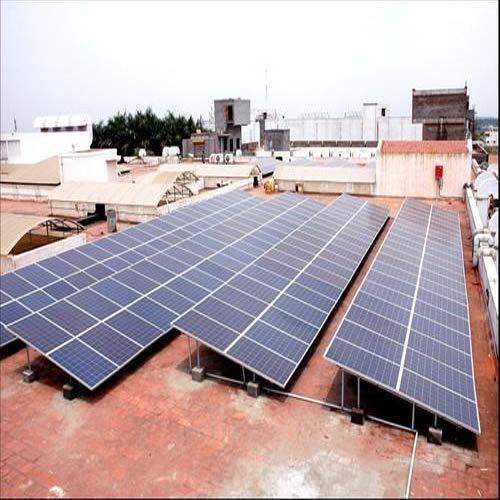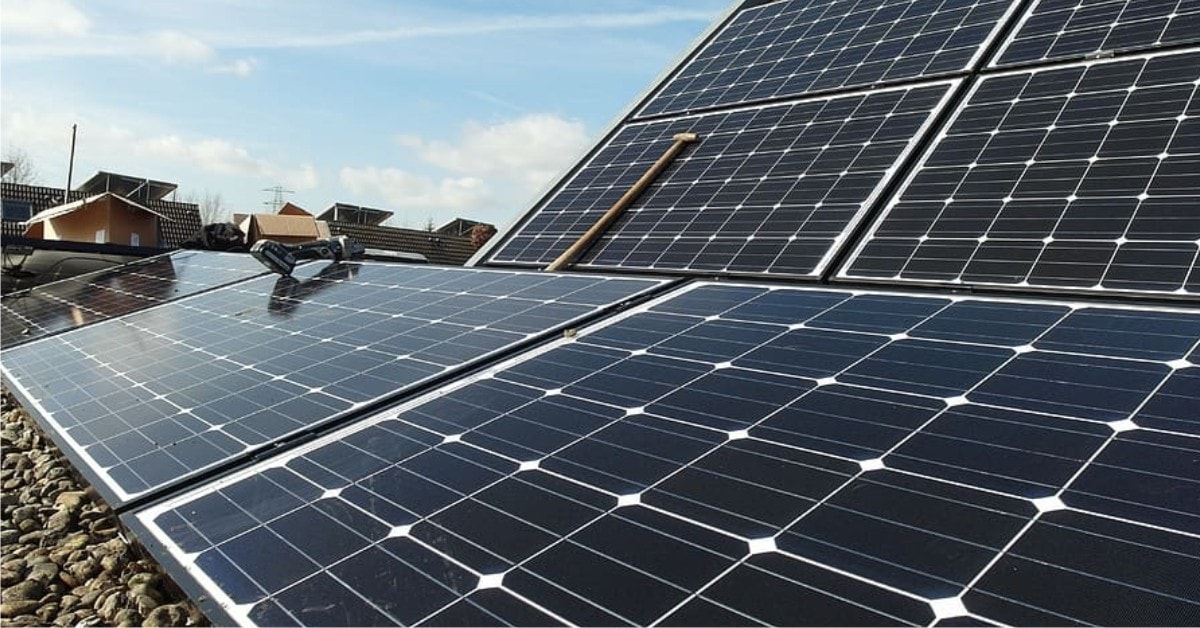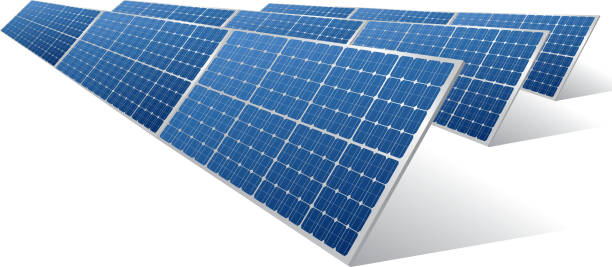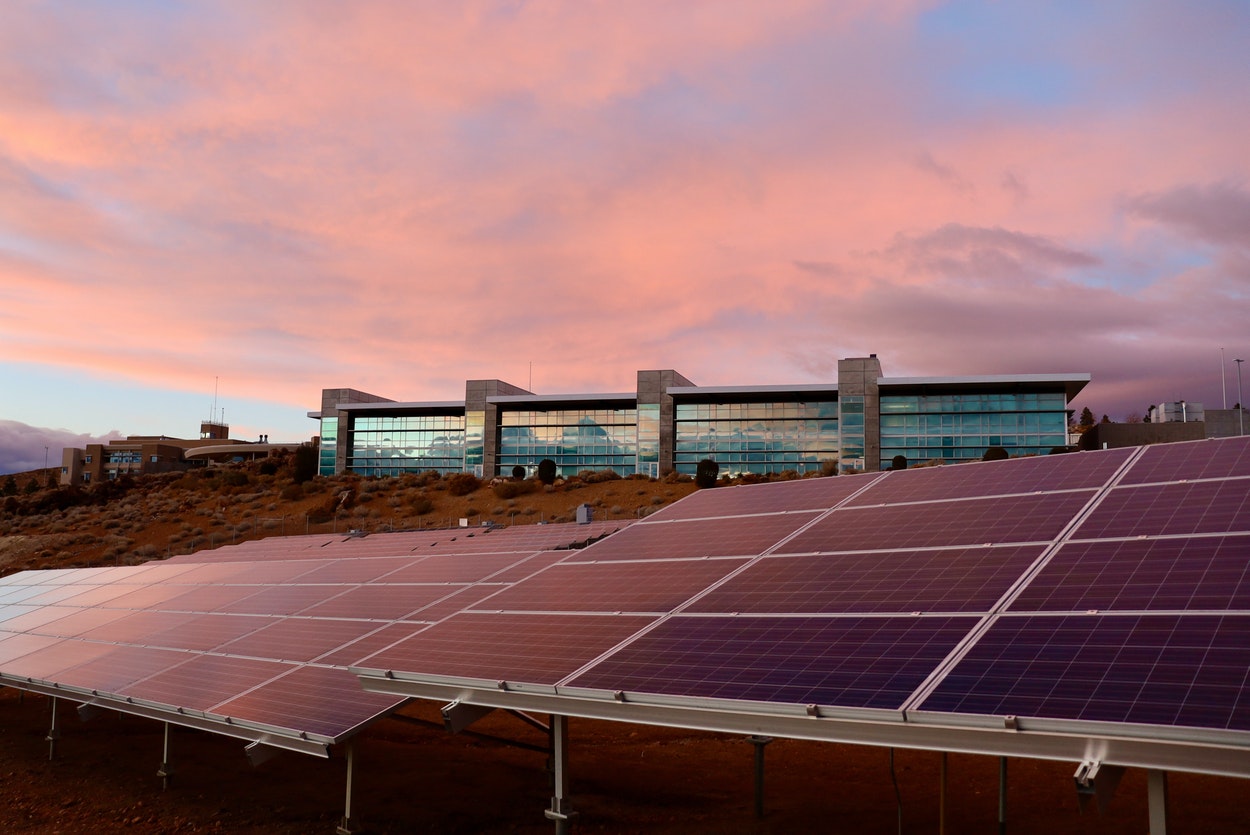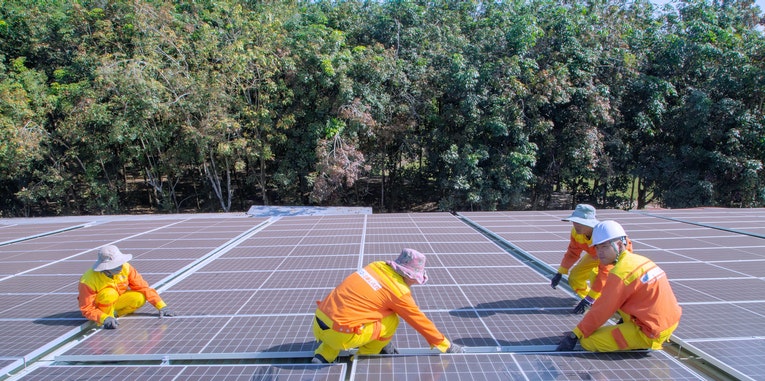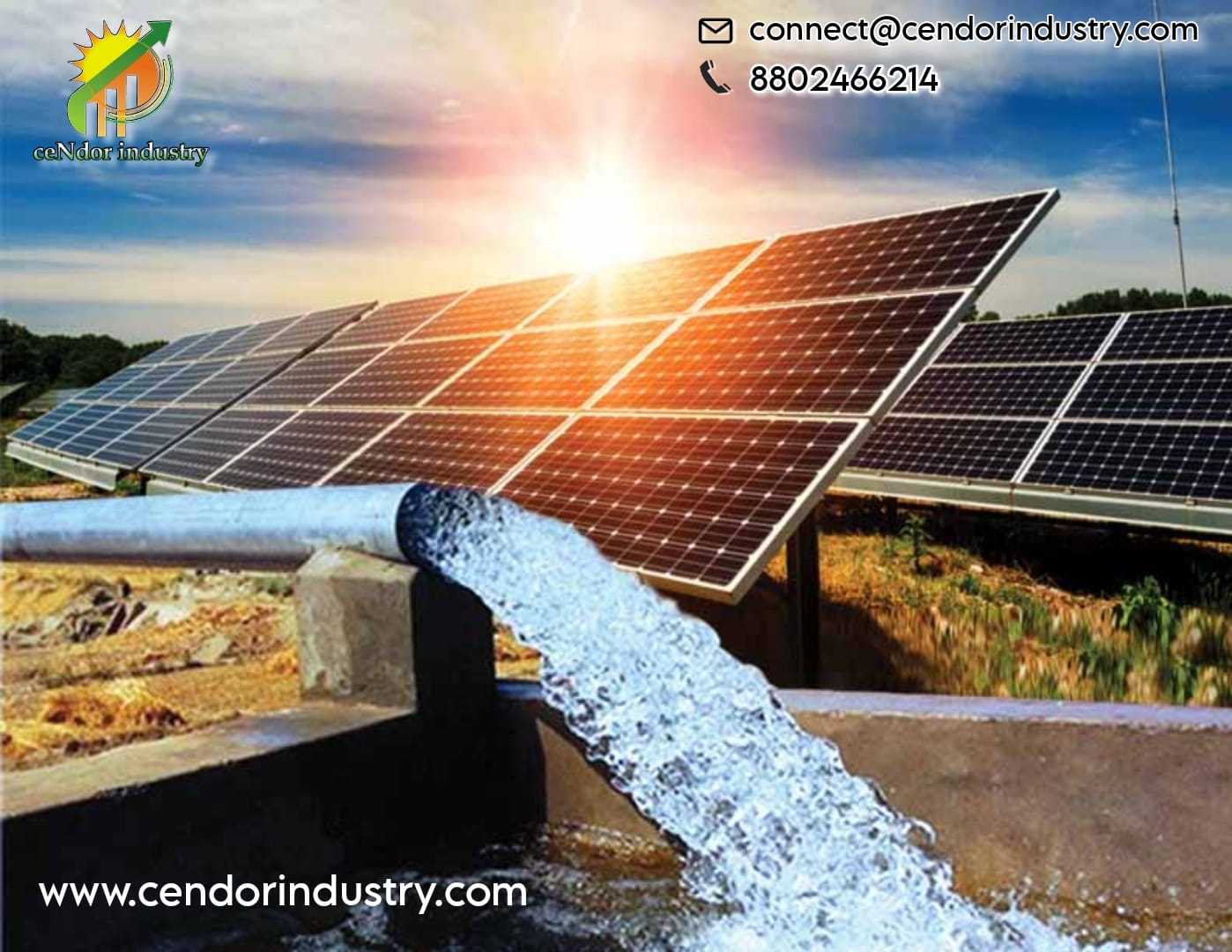
SOLAR PUMPS
Solar pumps, also known as solar-powered water pumps or solar water pumping systems, are devices that use energy from the sun to pump water from a water source, such as a well, borehole, or reservoir, to a desired location. These pumps are particularly useful in areas where grid electricity is unavailable or unreliable, and they offer a sustainable and environmentally friendly solution for water pumping needs.
Solar pumps typically consist of the following components:
Solar Panels: Photovoltaic (PV) solar panels are used to capture sunlight and convert it into electricity. The electricity generated by the panels powers the pump's motor.
Pump Controller: A pump controller manages the flow of electricity from the solar panels to the pump. It also includes features like maximum power point tracking (MPPT), which optimizes the power output of the solar panels based on varying sunlight conditions.
Pumping Mechanism: The pumping mechanism can vary depending on the application and the type of pump used. Common types of pumps used in solar water pumping systems include centrifugal pumps and submersible pumps.
Water Storage: In some cases, a storage tank or reservoir is used to store the pumped water for later use, especially during periods of low sunlight or high demand.
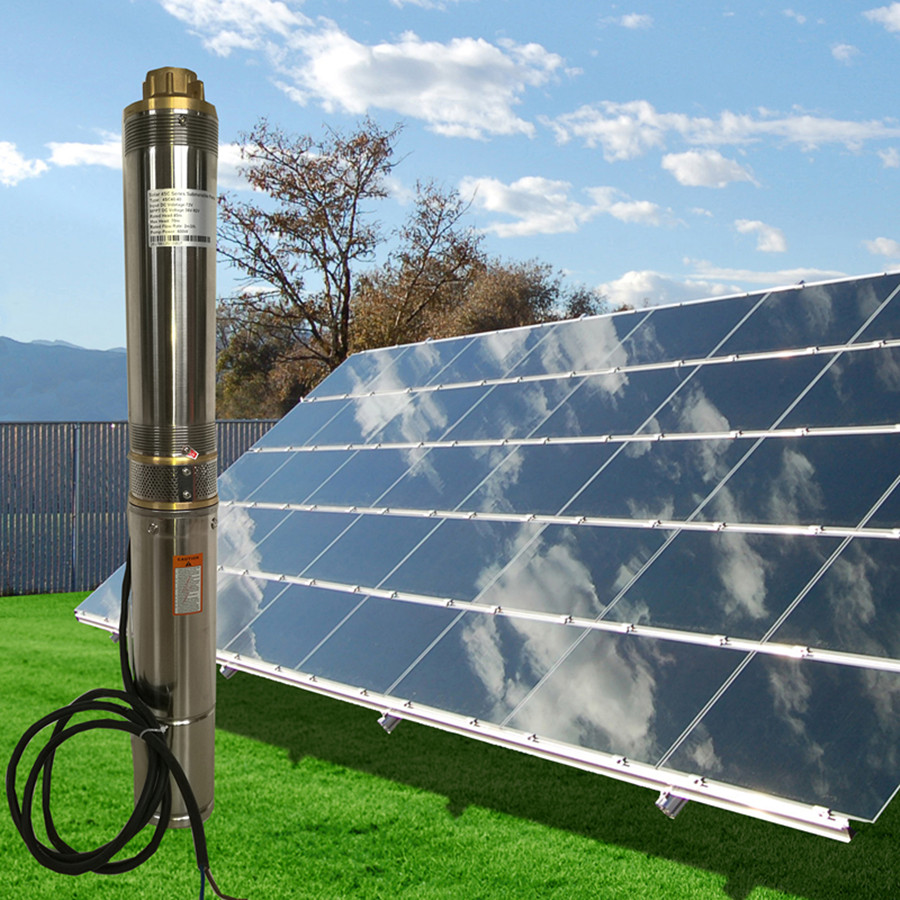
Advantages of Solar Pumps:
Environmentally Friendly: Solar pumps produce clean energy and reduce reliance on fossil fuels, thus contributing to lower carbon emissions and a healthier environment.
Energy Independence: Solar pumps can operate in remote areas without access to grid electricity, providing a reliable water supply where traditional power sources might not be available.
Low Operating Costs: Once installed, solar pumps have minimal operating and maintenance costs, as they don't require fuel or grid electricity.
Long Lifespan: Solar pumps have fewer moving parts compared to conventional pumps, leading to longer lifespans and reduced maintenance needs.
Scalability: Solar pumping systems can be designed to suit various water pumping needs, from small-scale agricultural irrigation to larger community water supply projects.
Reduced Water and Energy Waste: Solar pumps can be designed to match the water demand, reducing wastage of both water and energy.
Applications of Solar Pumps:
Solar pumps, also known as solar-powered water pumps or solar water pumping systems, are devices that use energy from the sun to pump water from a water source, such as a well, borehole, or reservoir, to a desired location. These pumps are particularly useful in areas where grid electricity is unavailable or unreliable, and they offer a sustainable and environmentally friendly solution for water pumping needs.
Solar pumps typically consist of the following components:
Solar Panels: Photovoltaic (PV) solar panels are used to capture sunlight and convert it into electricity. The electricity generated by the panels powers the pump's motor.
Pump Controller: A pump controller manages the flow of electricity from the solar panels to the pump. It also includes features like maximum power point tracking (MPPT), which optimizes the power output of the solar panels based on varying sunlight conditions.
Pumping Mechanism: The pumping mechanism can vary depending on the application and the type of pump used. Common types of pumps used in solar water pumping systems include centrifugal pumps and submersible pumps.
Water Storage: In some cases, a storage tank or reservoir is used to store the pumped water for later use, especially during periods of low sunlight or high demand.
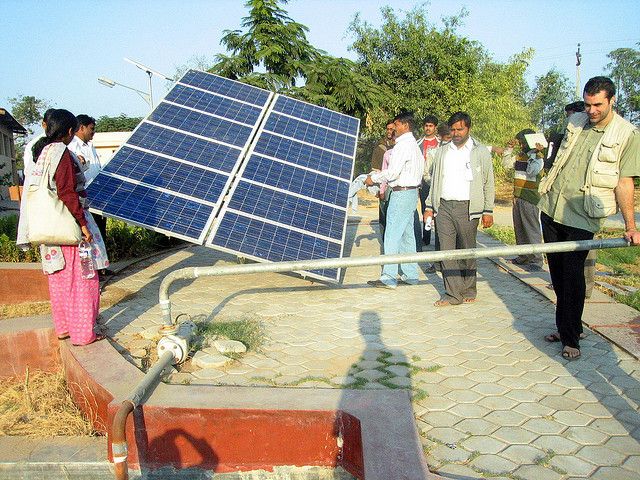
Advantages of Solar Pumps:
Environmentally Friendly: Solar pumps produce clean energy and reduce reliance on fossil fuels, thus contributing to lower carbon emissions and a healthier environment.
Energy Independence: Solar pumps can operate in remote areas without access to grid electricity, providing a reliable water supply where traditional power sources might not be available.
Low Operating Costs: Once installed, solar pumps have minimal operating and maintenance costs, as they don't require fuel or grid electricity.
Long Lifespan: Solar pumps have fewer moving parts compared to conventional pumps, leading to longer lifespans and reduced maintenance needs.
Scalability: Solar pumping systems can be designed to suit various water pumping needs, from small-scale agricultural irrigation to larger community water supply projects.
Reduced Water and Energy Waste: Solar pumps can be designed to match the water demand, reducing wastage of both water and energy.
Applications of Solar Pumps:
Agricultural Irrigation: Solar pumps are commonly used for irrigating crops in areas where grid electricity is scarce. They provide a cost-effective solution for small and medium-sized farms.
Livestock Watering: Solar pumps can supply water for livestock in remote areas, improving animal health and well-being.
Drinking Water Supply: Solar pumps can be used to provide clean drinking water to communities in rural or off-grid areas.
Aquaculture: Solar pumps can be used in fish farms and aquaculture systems to circulate water and maintain water quality.
Fountain and Ornamental Water Features: Solar pumps can power decorative fountains and water features in gardens and public spaces.
Solar pumps offer a sustainable and efficient way to harness solar energy for essential water pumping needs, contributing to improved livelihoods and environmental conservation.
CONTACT US FOR SOLAR PUMP










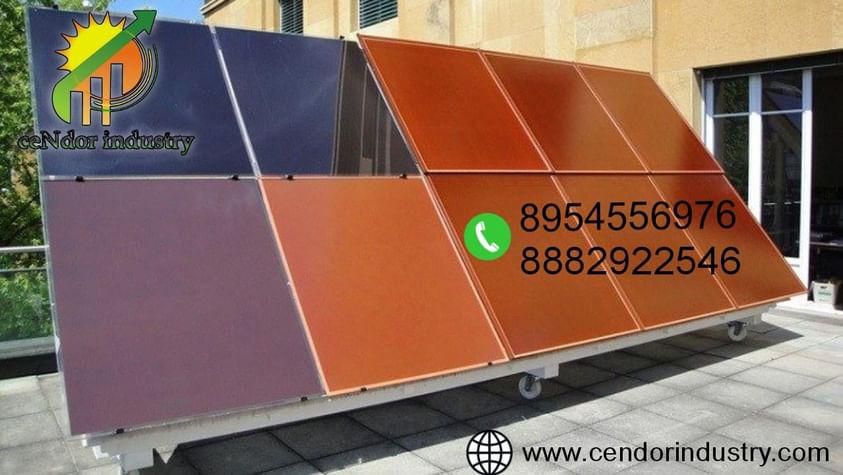
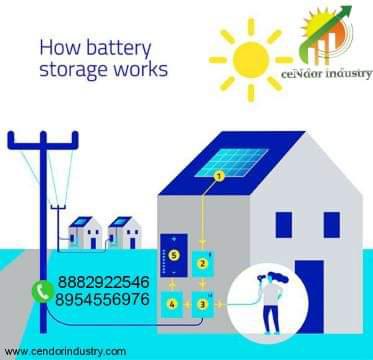
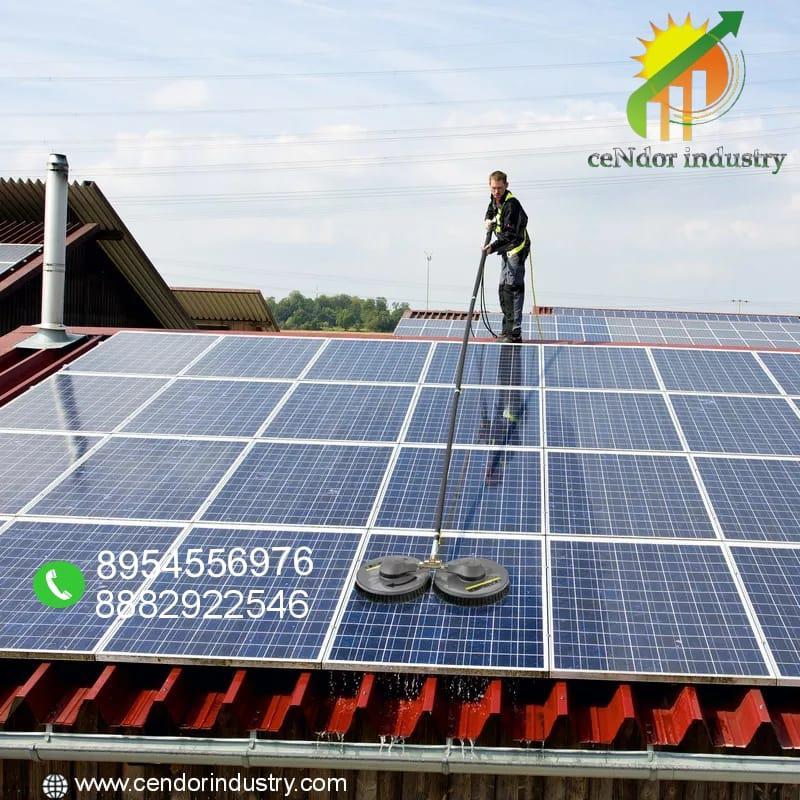

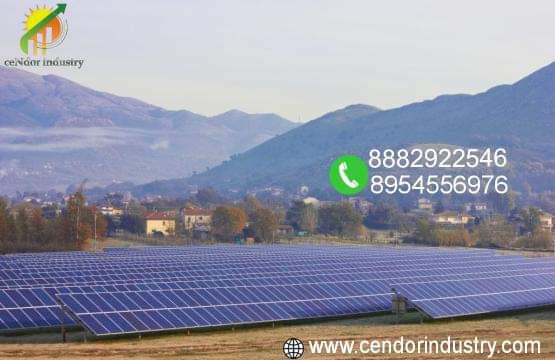

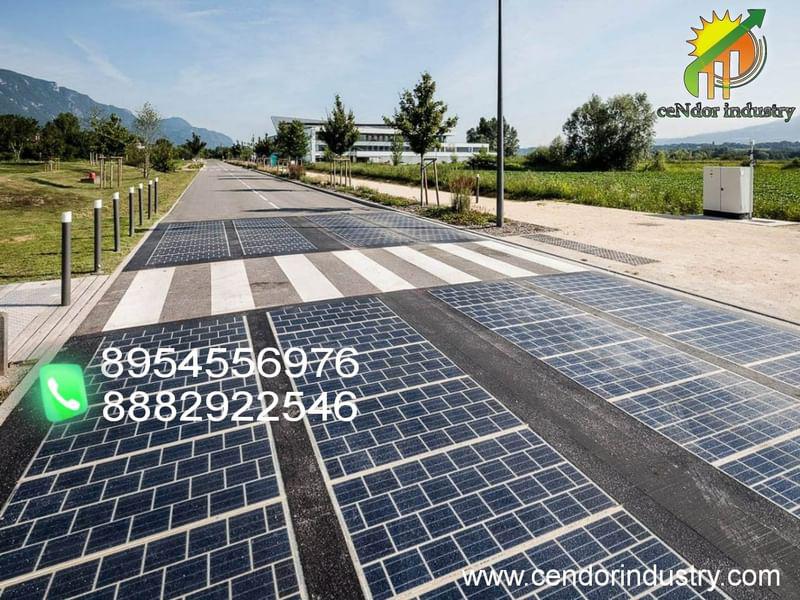

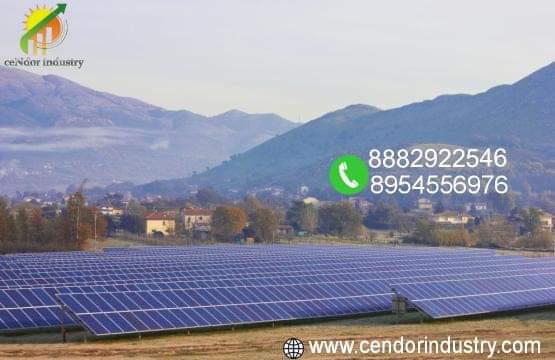
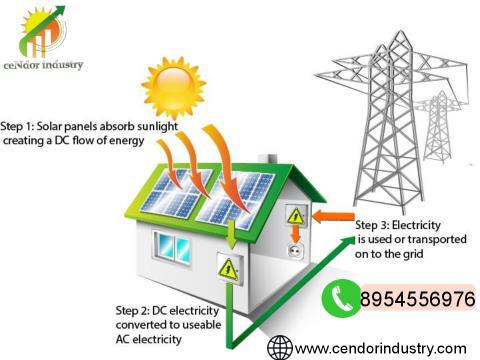








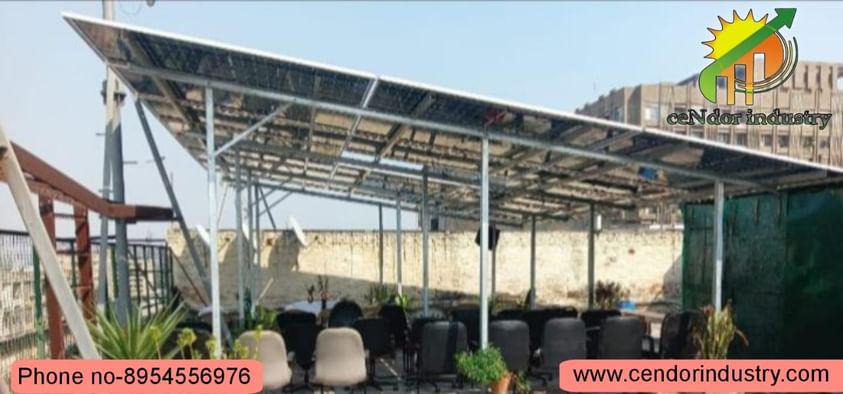
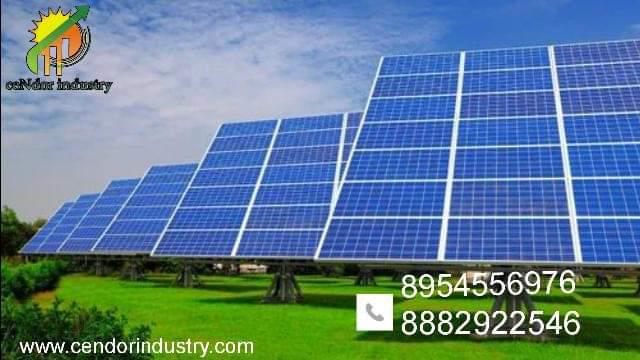
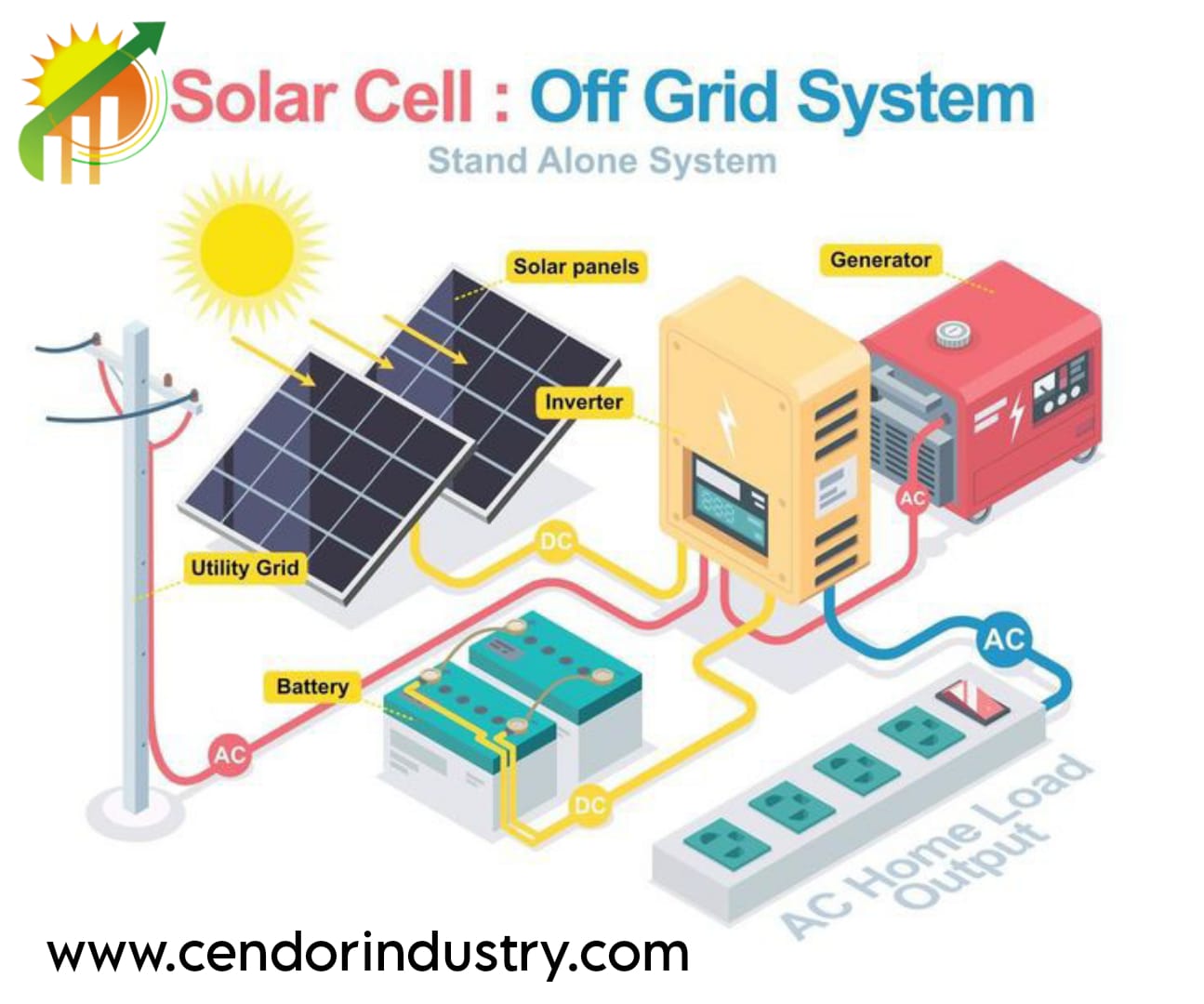
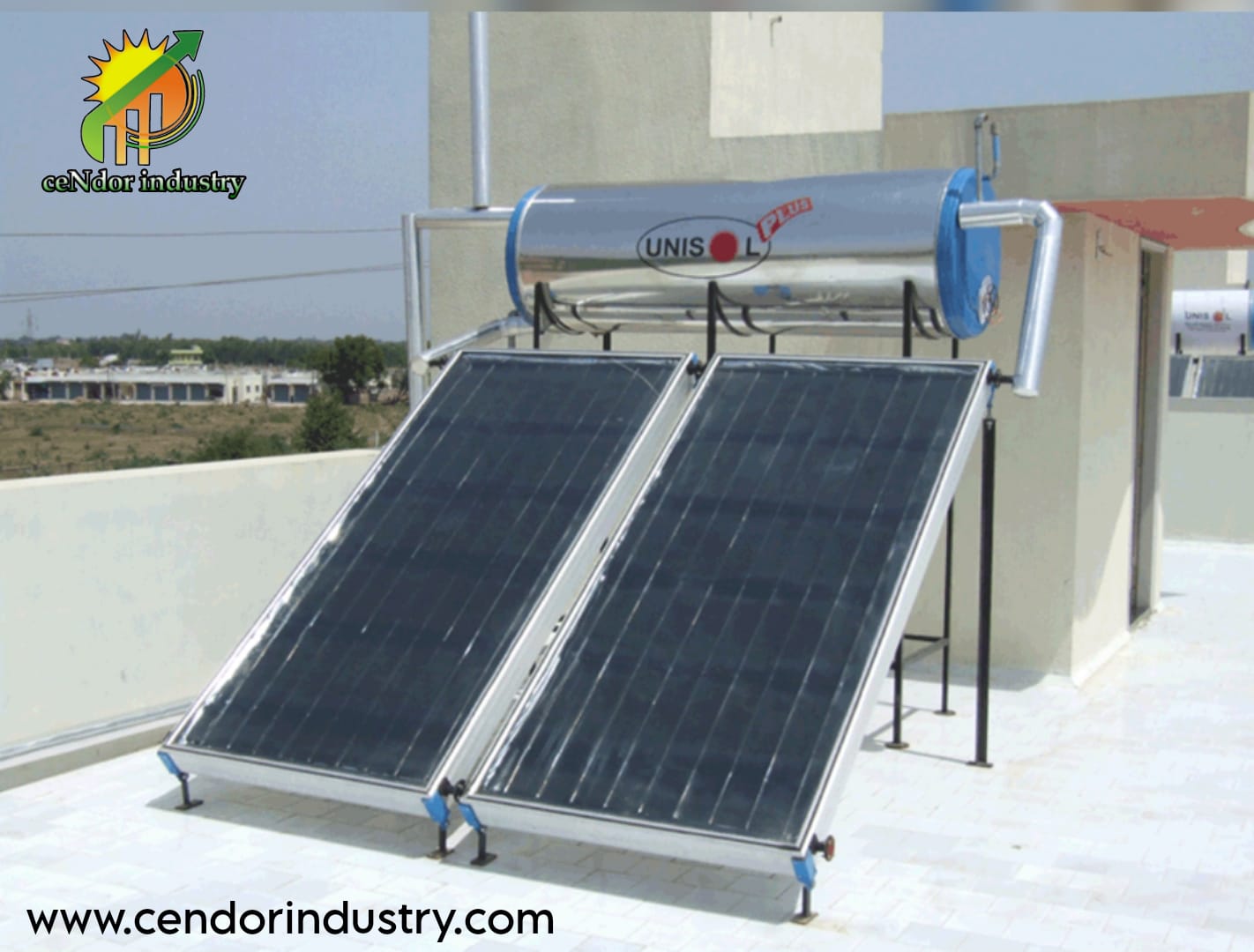


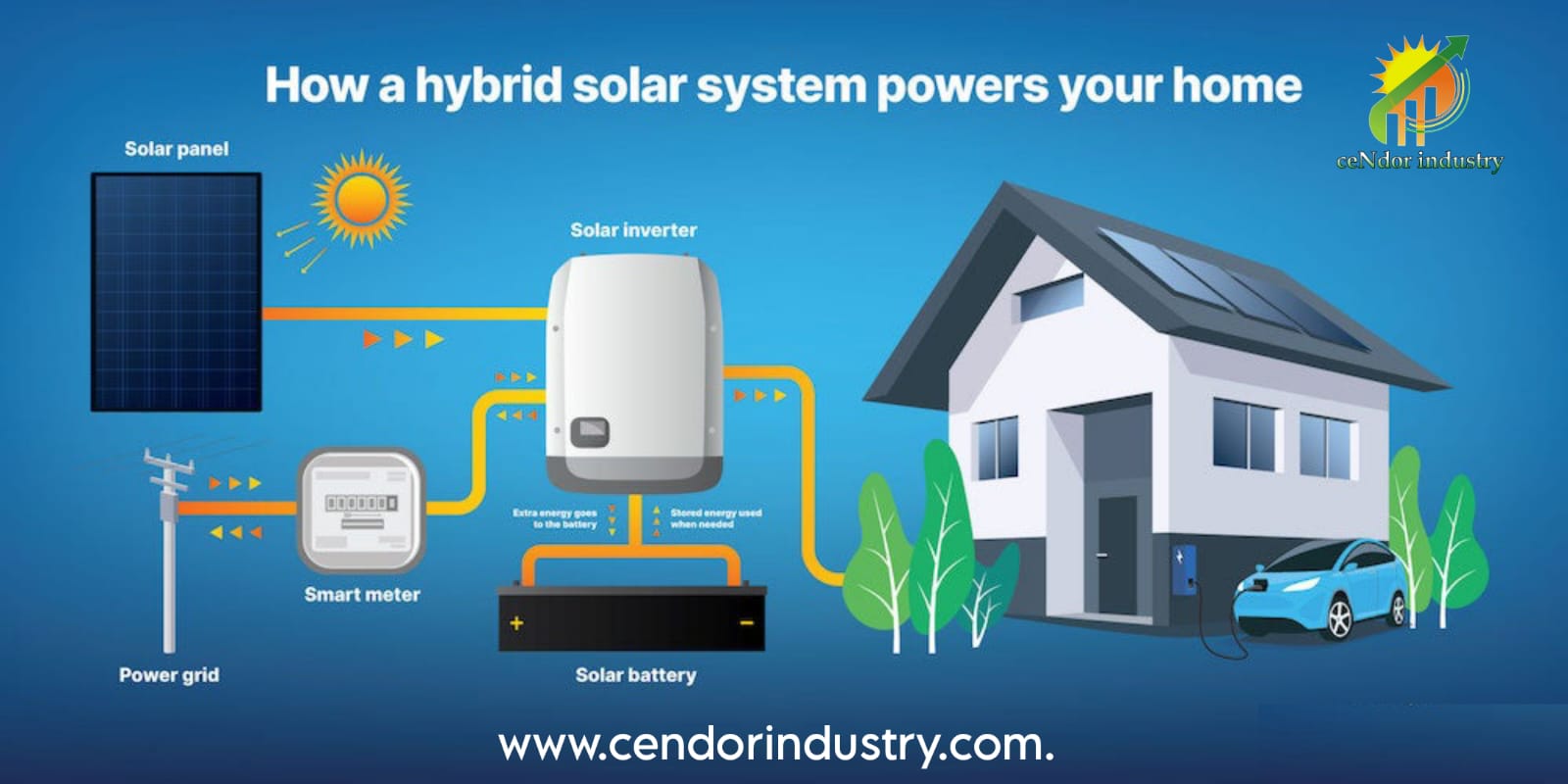

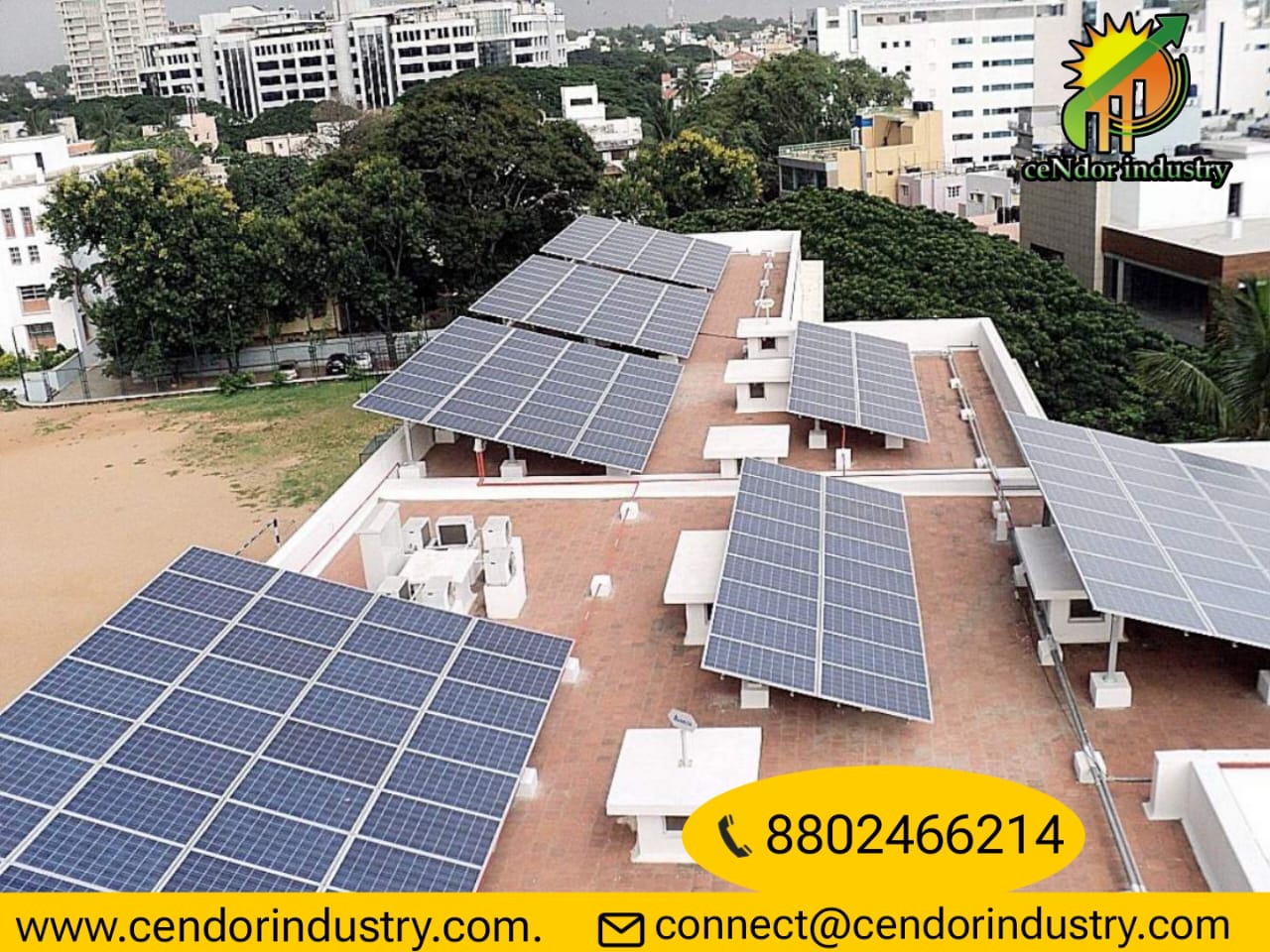

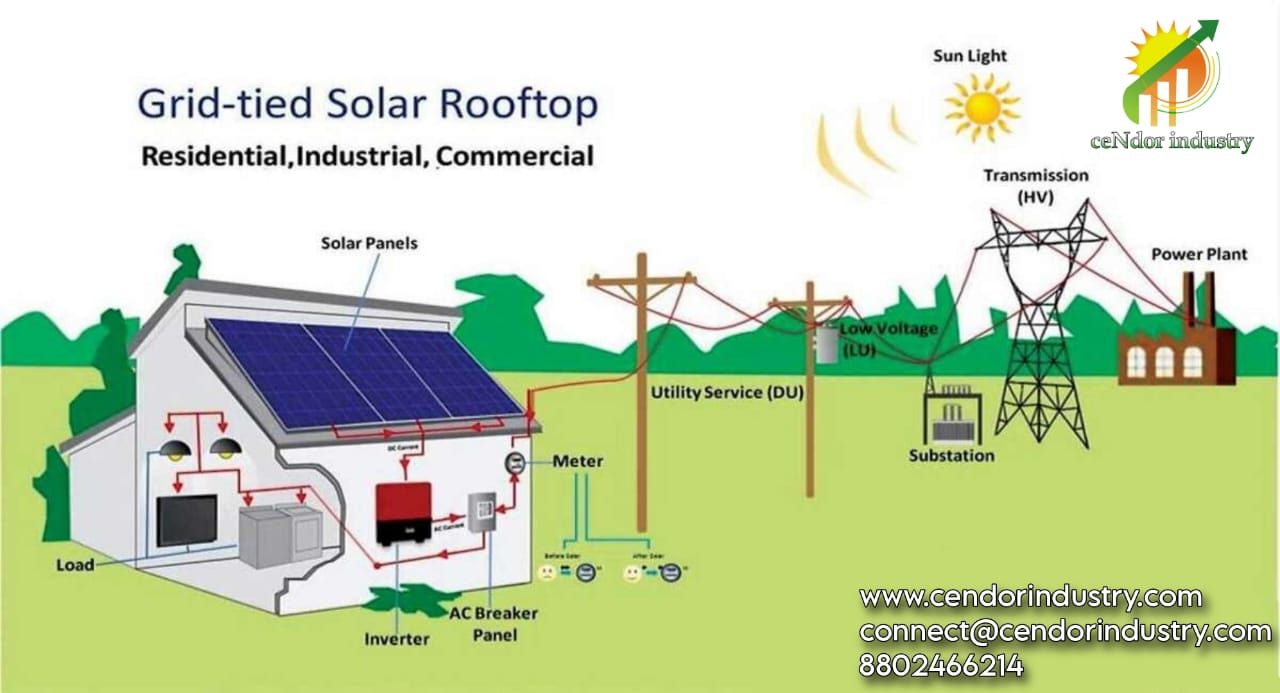



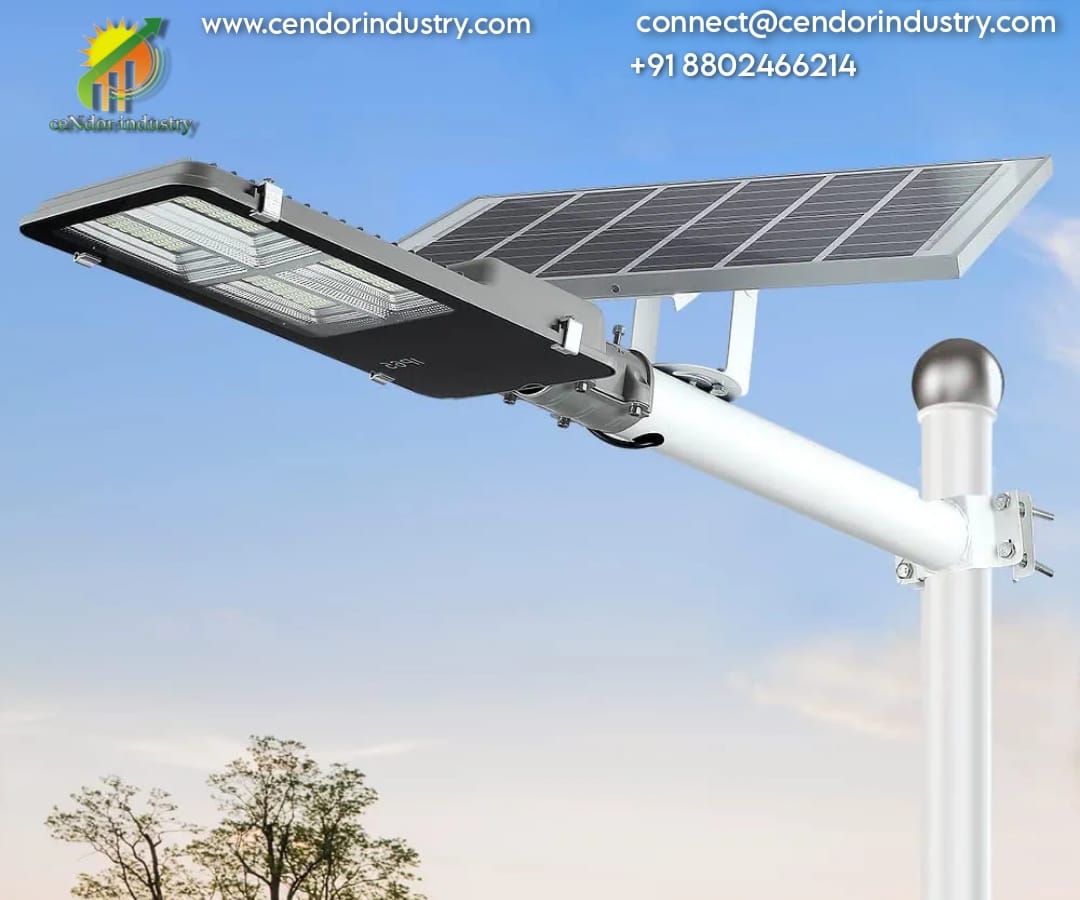



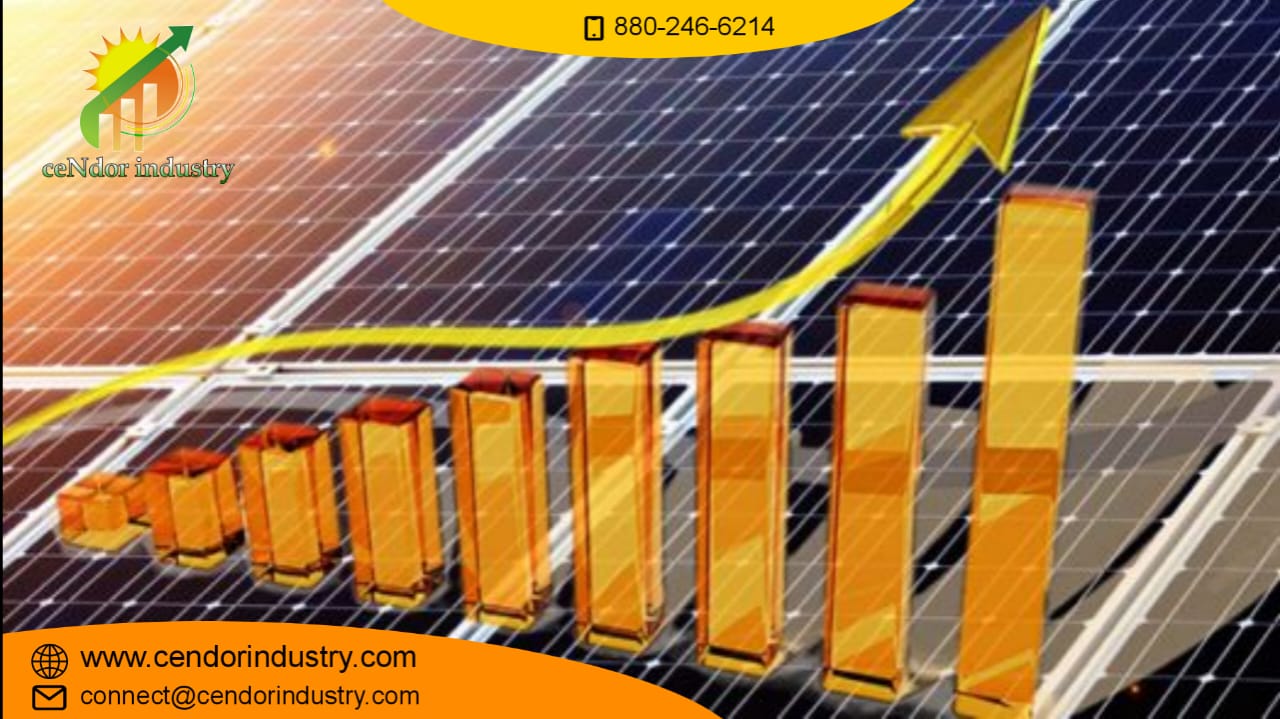


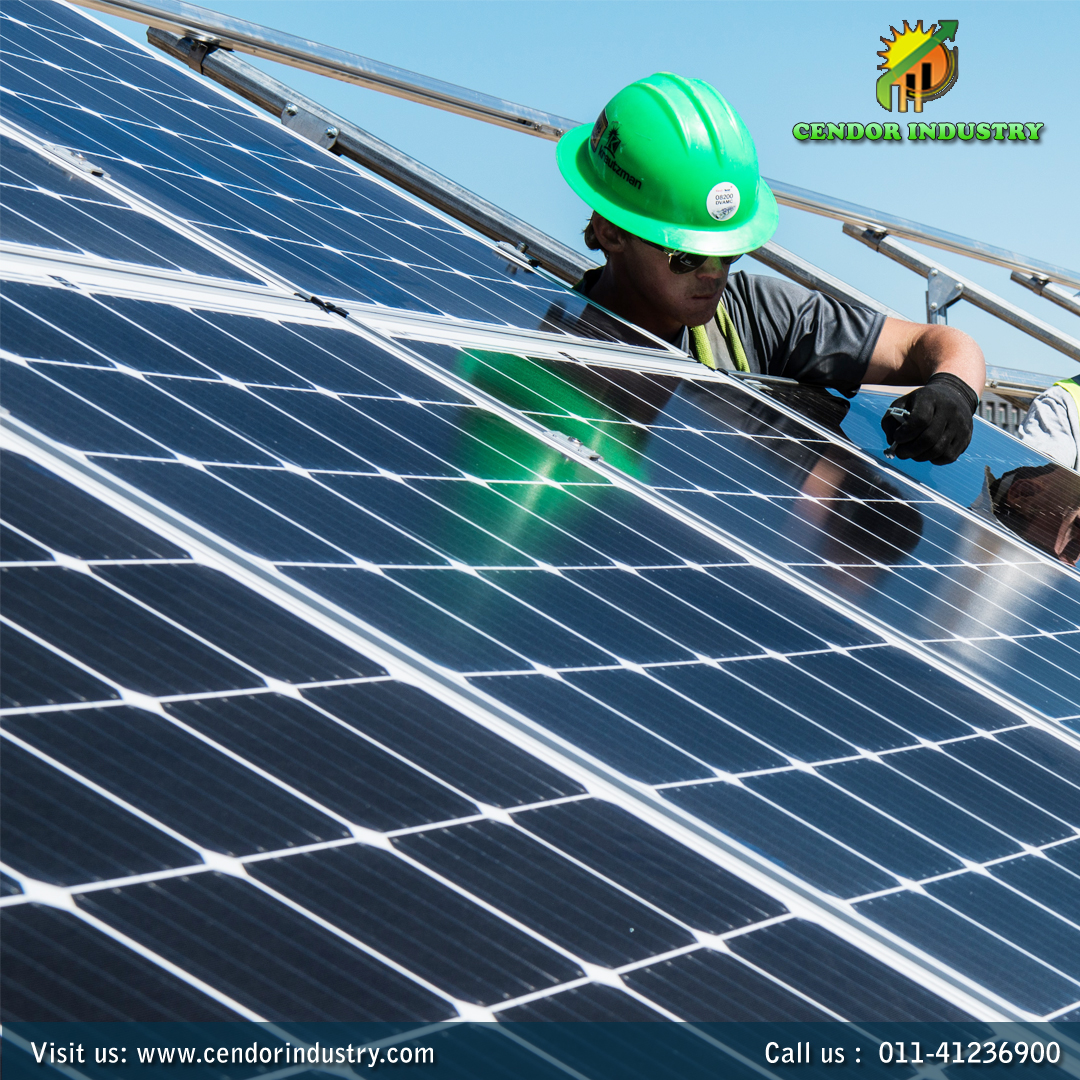


_and_DC_Mode_(Cendor))1.jpg)
